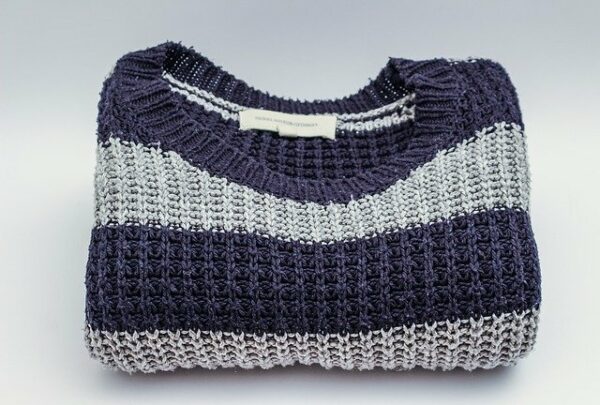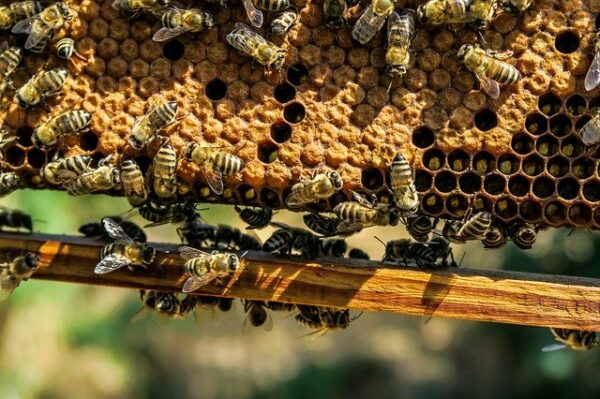Veganism has been around for a very long time, in fact, the origins of this diet are somewhat uncertain. However, one thing is certain, over the past decade veganism has seen an incredible rise, and the UK is not excluded.
From Gregg’s – now legendary – Vegan sausage roll to Quorn and Linda McCartney, there is no shortage of vegan household names in Britain. Many of you may actually be tired of hearing about veganism. You might have that one friend who preaches about their ‘holier than thou’ diet, the one who prevents you from going to your favourite chicken shop. Or maybe an awesome mate who has shown you cool ways of implementing plant-based meals into your weekly routines. Whichever way you have interacted with veganism, it has probably been related to food.
However, veganism goes far beyond what people eat, and in some cases becomes a compass for sustainable and compassionate living. Animals are used for a variety of industries, not just food, and can often creep up in unexpected situations.
Let’s delve into vegan lifestyle choices that you might not know about.
Clothing

Photo: Pexels@Pixabay
Many vegans have particular rules when it comes to shopping and dressing. For instance, leather, fur, and wool are some of the most common materials that come directly from animals. People for the Ethical Treatment of Animals (PETA) provides a guide to shopping vegan , which identifies all the materials to look out for and brands to go to for alternatives.
The good news: As with all elements of vegan lifestyle, there is always an alternative! Faux leather is becoming more and more popular and has been a staple with designers such as Stella McCartney for decades. Wool is also going out of fashion, as more and more shops use synthetic alternatives. Just make sure to check the labels next time you go shopping.
Another option to consider is buying second-hand. There is a debate around this in the vegan community as some firmly believe that purchasing these materials is wrong and that it generates their popularity. However, if you are buying second-hand you are also giving these items that have already been made some use, rather than discarding them, and encouraging recycling rather than new production.
Drinking

Photo: ArtTower@Pixabay
You may have noticed that certain drink menus have started to have a dedicated section for ‘vegan wine’, or that certain alcoholic drinks have the vegan trademark symbol. And you might, like many before you, have thought why on earth aren’t these drinks vegan? PETA provides guides for vegan wine, beer, and cider, as well as identifies the non-vegan components to look out for.
The good news: There are more and more vegan drinks on the rise. You can find them in almost every supermarket in the UK, as well as most high-street restaurants and pubs.
Cosmetics

Photo: Pexels@Pixabay
Unfortunately, although vegan cosmetics are becoming more popular everyday, most contain something extracted from an animal, or are tested on animals. Beeswax, lard, gelatin, and glycerin are some of the biggest to look out for. The Vegan Society has a detailed explanation on why honey isn’t vegan – and the same goes for bee’s wax. Bees are currently in great danger of extinction, and as they are an essential part of our planet’s ecosystem, many find it preferable to use alternatives to their wax. PETA also offers advice on shopping for cosmetics compassionately.
The good news: There are so many alternatives when it comes to cosmetics, be it shampoo, shower gel, skincare, or makeup. As always, labels are your friends, and when in doubt, ask the retailer if their product contains animal-derived components.
Housekeeping

Photo: Monfocus@Pixabay
Just as with cosmetics, many of the daily essential items we need to keep our homes and clothes clean, come with a hidden and forgotten dose of animal testing and exploitation. Moreover, many cleaning products are incredibly harmful for the environment, so if you want to clean sustainably consult PETA’s suggestions for cruelty-free cleaning products.
The good news: Most large supermarkets offer a wide range or housekeeping products, including all the vegan favourites. When this fails you can also rely on local organic shops such as The Eighth Day in Manchester. For clothes you can always try soap nuts – an organic alternative to laundry capsules.
The bottom line: When people tell me that my diet and lifestyle are restrictive I disagree. I see veganism as a series of personal choices that I make in accordance with my beliefs. It is nothing more than that. It is also important to remember that as people, we are constantly learning and becoming aware of new things. Just because you follow a certain diet or lifestyle does not mean that you have to adhere to every rule or that you should be criticised for not doing so. You don’t have to be vegan to want to make a positive impact on the planet, on your health, and on animal welfare.
https://mancunion.com/2020/10/16/vegan-lifestyle-beyond-lifestyle/
No comments:
Post a Comment